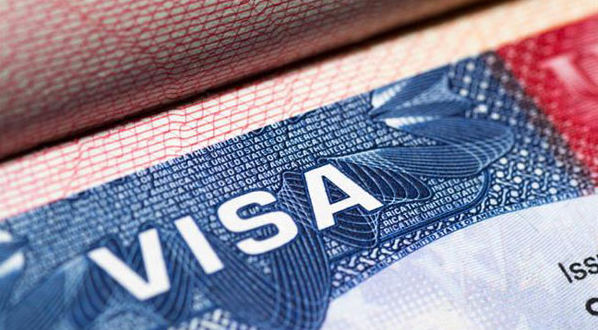
In a major policy shift aimed at regulating foreign labour during the peak pilgrimage period, Saudi Arabia has suspended the issuance of blockwork visa quotas to Nigeria and six other African countries. The temporary suspension also affects nationals from Egypt, Algeria, Sudan, Ethiopia, Tunisia, and Morocco.
The Kingdom’s Ministry of Human Resources and Social Development made the announcement as part of broader efforts to tighten regulatory oversight on immigration and employment, particularly in light of the ongoing Saudization drive — a policy aimed at increasing the employment of Saudi nationals across key sectors such as tourism and services.
The suspension, which impacts 14 countries in total, also includes nations with large labour-exporting populations such as Indonesia, Iraq, Jordan, Yemen, India, Pakistan, and Bangladesh.
Blockwork visas are quota-based permits that enable Saudi employers to hire a specified number of foreign workers. Once approved, these quotas allow businesses to process individual work visas for selected candidates. However, under the new restrictions, no new block visa quotas will be issued to employers recruiting from the listed African countries, and previously approved quotas may face significant delays or cancellations.
Pending visa applications may also be denied or delayed indefinitely, and even those holding valid visas but yet to enter Saudi Arabia could face entry restrictions. The suspension is set to remain in effect until the end of June 2025, aligning with the conclusion of the Hajj season.
Though no formal reason has been disclosed, the timing of the decision coincides with the ramp-up of Saudization measures, with new employment targets set to take effect between 2026 and 2028.
A 2022 report by the Gulf Labour Markets, Migration and Population (GLMMP) programme, published by the Gulf Research Centre, revealed that Saudi Arabia hosts a significant number of African migrant workers, particularly in low-wage and domestic sectors. During the period under review, 10,657 Nigerians were recorded as being employed in Saudi Arabia. Egypt accounted for the highest number among African nations, with 837,134 workers, followed by Sudan (354,988), Morocco (18,023), Ethiopia (16,719), Tunisia (12,311), and Algeria (2,001).
African migrant workers in the Kingdom often face numerous challenges. Human rights organisations have repeatedly raised concerns about exploitation, lack of legal protections, and the controversial Kafala (sponsorship) system, which grants employers broad control over the lives and movement of migrant workers.
As Saudi Arabia prepares for a busy Hajj season and continues to restructure its labour policies, the temporary freeze raises critical questions about the future of African migration to the Gulf nation and the socio-economic implications for families relying on remittances from abroad.
Comments